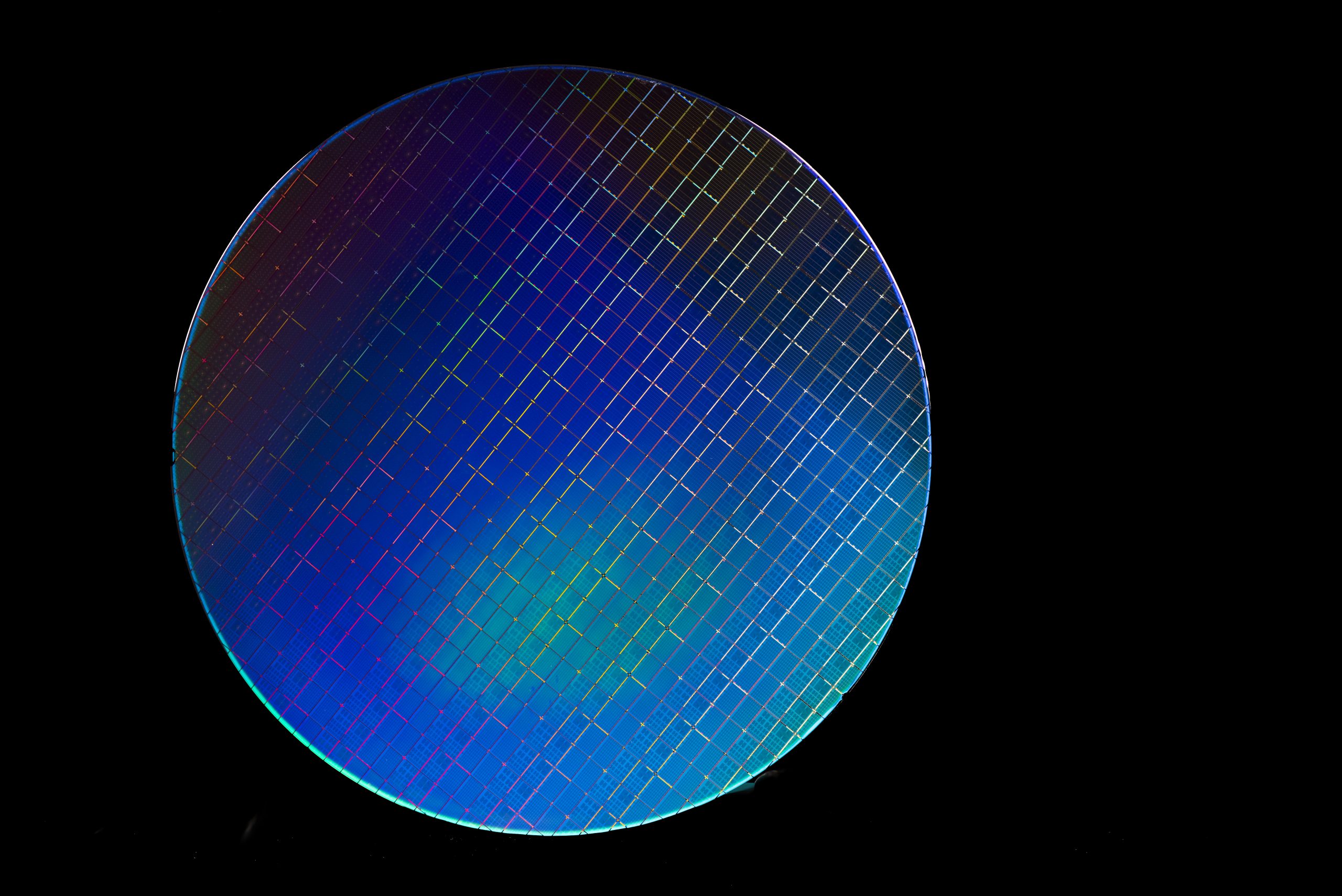Intel is known for its dedication to advancing quantum computing and aiming to create a developer community. And just recently, the company launched its newest version of the Intel Quantum Software Development Kit (SDK) in a beta release in September 2022. The SDK’s version 1.0 features a simple programming interface based on C++, giving a programming language familiar to classical computer developers and allowing them to collaborate with quantum engineers.
“The Intel Quantum SDK is a game-changer in the quantum development space because it readily allows the developer to operate at a level closer to the hardware for better resource utilization.”
Yaknan John Gambo, graduate student.
The Software Development Kit (SDK) is an entire quantum computer in “simulation” or silico that can communicate with Intel’s quantum hardware, such as the Horse Ridge II control chip and the quantum spin qubit chip, intended to be released later this year. The kit enables developers to simulate quantum algorithms and includes an intuitive programming interface written in C++ that uses an industry-standard low-level virtual machine (LLVM) compiler toolchain. As a result, Intel’s SDK is more versatile and customizable, with an easy interface with C/C++ and Python programs.
Furthermore, users can now use the SDK to create modest workloads to identify which features of the quantum computer’s system architecture are required to run algorithms effectively and accurately on qubits. In addition, Intel is using the SDK internally to co-design quantum hardware and software, speeding up system development.
Intel has provided grants to five universities to develop quantum course curricula to share with other universities and spread its use across academia as a starting point for this effort: the University of Pennsylvania, Technische Hochschule Deggendorf, Keio University, The Ohio State University, and Pennsylvania State University.
Intel Quantum SDK 1.0’s C++ Programming Interface
The SDK’s version 1.0 features a simple programming interface based on C++, giving a programming language familiar to classical computer developers and allowing them to collaborate with quantum engineers. A quantum runtime environment optimized for performing hybrid quantum-classical algorithms is also included in the kit. Developers can choose between two target backends for simulating qubits: a larger number of generic qubits or Intel hardware.
“The Intel Quantum SDK helps programmers get ready for future large-scale commercial quantum computers. It will not only help developers learn how to create quantum algorithms and applications in simulation, but it will also advance the industry by creating a community of developers that will accelerate the development of applications, so they are ready when Intel’s quantum hardware becomes available.”
Anne Matsuura, director of Quantum Applications & Architecture, Intel Labs
The SDK framework can be customized and expanded to provide additional flexibility for designing quantum applications. It also allows users to compare compiler files, a common feature in traditional computing development, to determine how well an algorithm is optimized in the compiler. It enables users to view the source code and receive lower levels of abstraction, gaining knowledge of how a system stores data.
“Intel’s Quantum SDK offered a unique way to apply my knowledge of C to the quantum domain. It’s helped me adopt quantum programming as if it were a classical language.”
Jeremie Pope, a student in the Computer Engineering Department.
The first backend is Intel® Quantum Simulator, a high-performance open-source generic qubit simulator (IQS). IQS features a backend that can handle 32 qubits on a single node and over 40 qubits on several nodes. The second component is a target backend that simulates Intel quantum dot qubit hardware and allows for compact model modeling of Intel silicon spin qubits. Intel’s qubits take advantage of the company’s experience in silicon transistor manufacturing to enable the creation of a large-scale quantum computer.
“The Intel Quantum SDK is easy to start, and since everything is on the cloud, all I need is a secure shell client and the simulator will generate very detailed reports so that I can analyze and debug the kernels I write.”
Gushu Li, assistant professor, Computer and Information Science Department.
The SDK is being used by the Deggendorf Institute of Technology in Munich, Germany, to investigate a fluid dynamics topic crucial for aerodynamics and hydrodynamics. Intel hosted an Intel Quantum Computing Competition at Deggendorf Institute of Technology in January 2023. Entries investigated quantum use cases using the Intel Quantum SDK beta, such as picture denoising, realistic image production, and handling unstructured search challenges.
Another beta user, Leidos, is investigating applications such as quantum machine learning, material simulation, and astrophysical difficulties such as quantum teleportation, black holes, and wormholes.
Intel intends to release further versions of the SDK with enhanced functionalities and integrate the SDK smoothly with Intel’s quantum hardware.
“Leidos has enjoyed the versatility of their hardware-agnostic simulation for software development and comparative analysis. Even with the beta version, we explored a broad variety of research topics from materials modeling and quantum machine learning to theoretical research into thermofield double states.”
Elizabeth Iwasawa, Ph.D., quantum technology lead and research scientist
Read more about it here.

